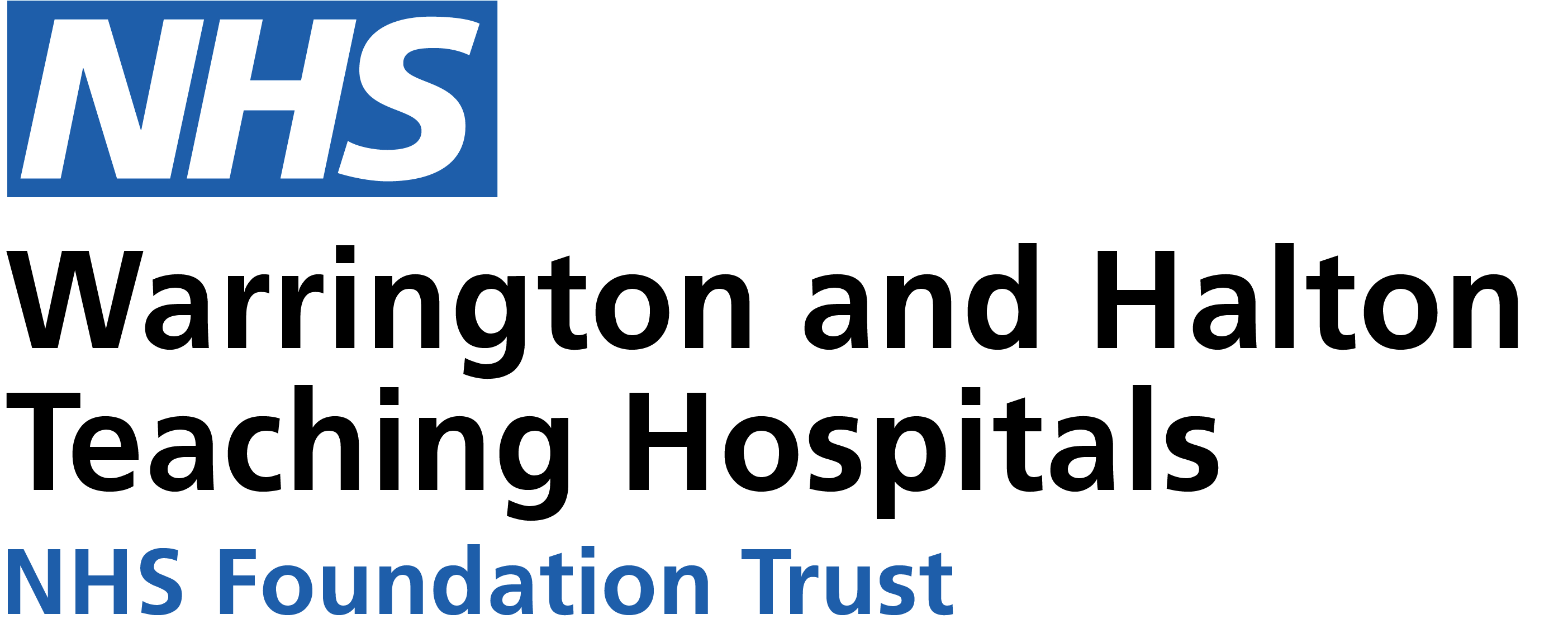Bribery Act and counter fraud measures
Last updated: Tuesday 17 September 2024Bribery Act 2010 and counter fraud measures
The Bribery Act 2010, which came into force on 1 July 2011, reformed the criminal law of bribery making it easier to tackle this offence proactively in the public and private sectors. In addition to the main offences under Sections 1, 2 and 6 of the Act, which carry custodial sentences of up to 10 years and potentially unlimited fines, it introduced a corporate offence (under Section 7), exposing commercial organisations to criminal liability, punishable by an unlimited fine, for failing to prevent bribery.
Any organisation that is incorporated under the law in the United Kingdom falls under section 7 of the Act, including NHS bodies such as NHS trusts, foundation trusts and special health authorities, which are all deemed to be relevant corporate bodies. Applicable organisations must ensure ‘adequate preventative procedures’ are in place for acts of bribery and corruption committed by ‘persons associated’ with them, in the course of their work, else the organisation will become liable.
Bribery may be considered to be 'an inducement or reward offered, promised or provided to someone to perform their functions or activities improperly in order to gain a personal, commercial, regulatory and/or contractual advantage'.
Zero tolerance
Bribery is a criminal offence. Warrington and Halton Teaching Hospitals NHS Foundation Trust does not, and will not, pay bribes or offer improper inducements to anyone for any purpose; nor do we, or will we, accept bribes or improper inducements. This approach applies to everyone who works for us, or with us. To use a third party as a conduit to channel bribes to others is a criminal offence. We do not, and will not, engage indirectly in, or otherwise encourage, bribery.
Proactively combatting bribery has clear benefits for the Trust and the wider NHS. It helps prevent:
- adverse damage to or criticism of the organisation’s reputation and funding
- the potential diversion and/or loss of resources from NHS care
- unforeseen and unbudgeted costs of investigations and/or defence of any legal action
- a negative impact on patient/stakeholder perceptions
We are committed to the prevention, deterrence and detection of bribery, just as we are to combatting fraud in the NHS. As an organisation, we have a zero-tolerance attitude towards bribery.
Penalties
This organisation, in conjunction with NHS Counter Fraud Authority, will seek to obtain the strongest penalties – including criminal prosecution, as well as disciplinary and civil sanctions – against anyone associated with Warrington and Halton Teaching Hospitals NHS Foundation Trust who is found to be involved in any bribery activities.
Active counter measures
We aim to maintain anti-bribery compliance as 'business as usual', rather than as a one-off exercise.
- To this end, everyone associated with the Trust is expected to play their part. The Trust has adopted and implemented a corporate Anti-Bribery Strategy, which, amongst other measures, includes:
- top-level (Board) commitment to ensuring a zero-tolerance culture towards bribery;
- risk-assessing those areas of the organisation which may be most vulnerable to the threat of bribery;
- ensuring that all departments review their policies, protocols, procedures and core documentation (including contract documentation) to ensure that adequate procedures are in place to prevent and mitigate the bribery risk; and,
- ensuring that everyone who works for or with the Trust is aware of the risks and knows what to do if they suspect or discover bribery.
The Executive Lead for Anti-Bribery and Counter Fraud measures is Chief Finance Officer, Jane Hurst
Reporting concerns
Concerns can be reported to the NHS Counter Fraud Authority. Please complete the online form to report fraud against the NHS.
